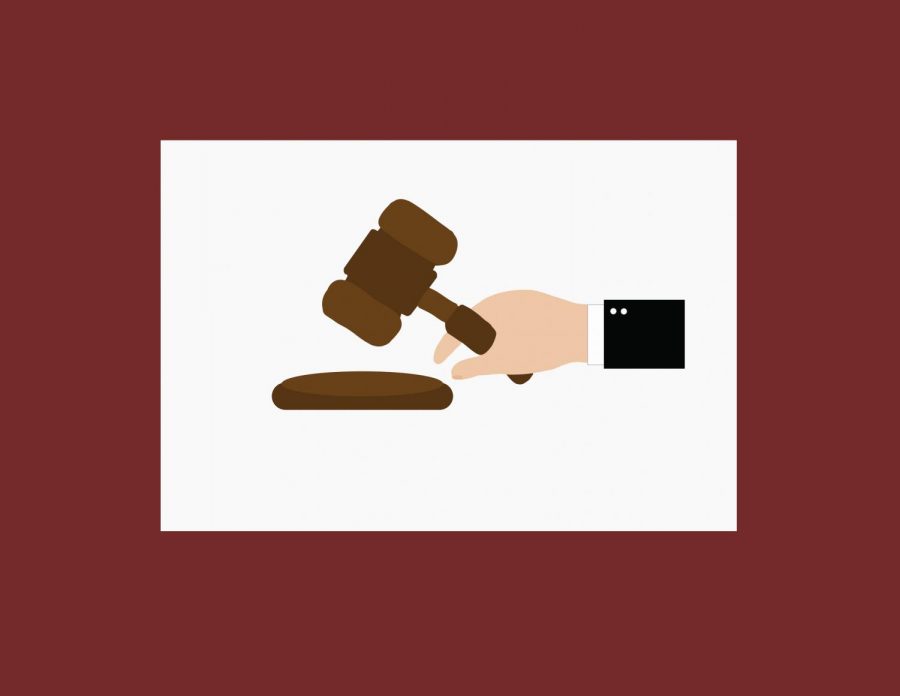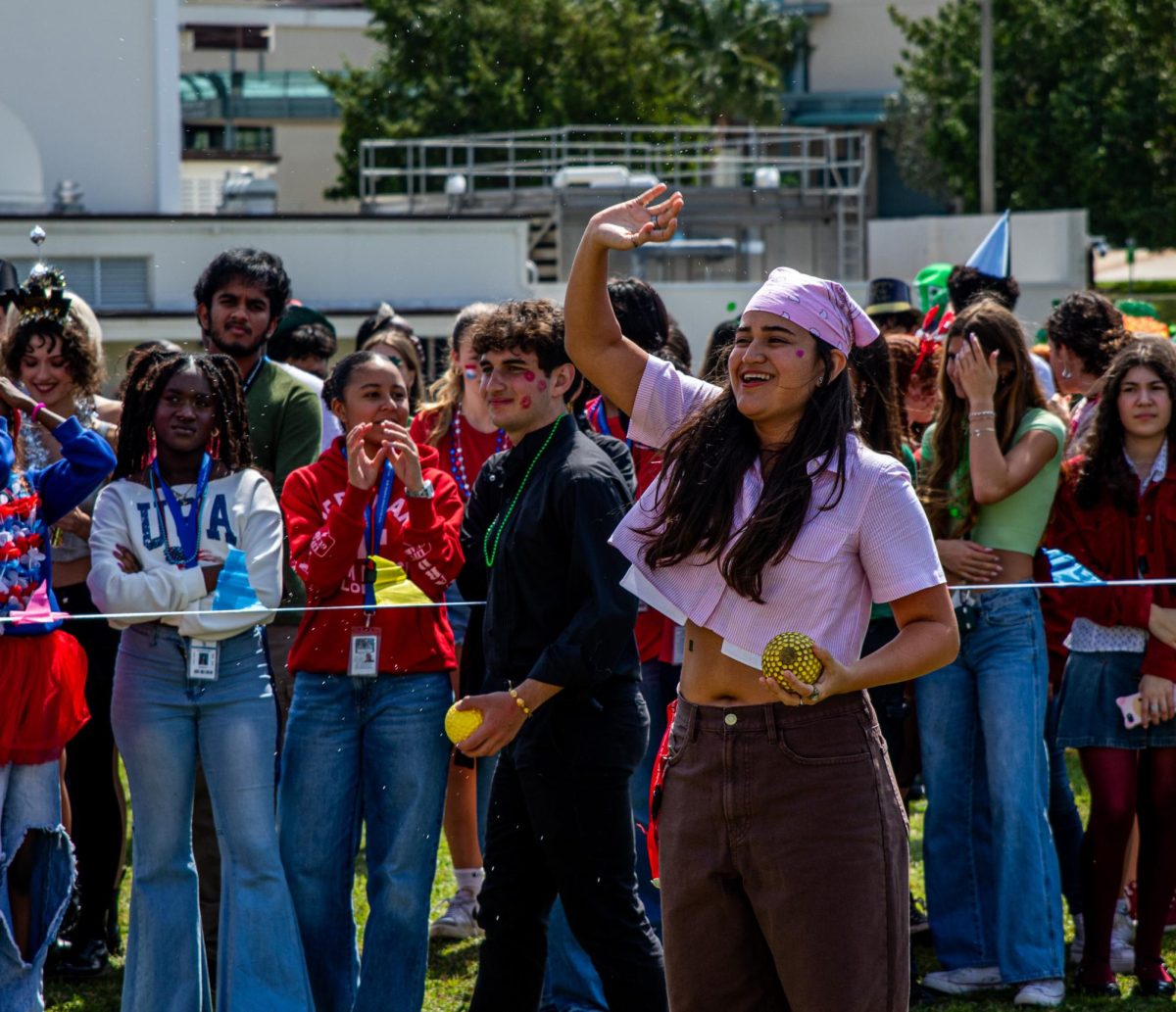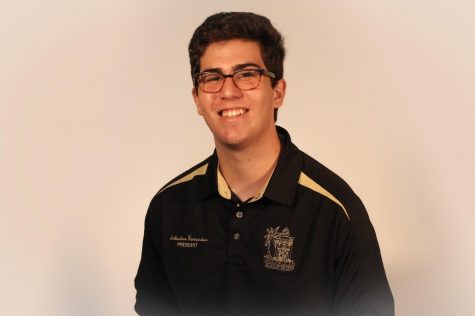With their right hands raised, the jurors recited the oath aloud. The judge slammed the gavel down and the bailiff shouted, “Palm Beach County Youth Court is now in session!” Each week, a juvenile first offender is tried during Youth Court in a real courthouse. Students comprised not only a jury of their peers, but volunteer acted as the prosecutors and defense attorneys on the cases. Many Dreyfoos students who belong to the Youth Court and Law Studies (YCLS) Club participated in this organization.
Founded in 1995, the Palm Beach County Youth Court allowed juvenile first offenders (JFO) a chance to remove misdemeanor infractions from their records by following a constructive sentence and to change the direction of their lives. Sentences can include community service, letters of apology, anti-theft or anti-drug classes, restitution, curfews, and jury duty, all to teach the offender a lesson.
Since its inception, the program has seen a 5.8 percent recidivism rate, which is the tendency for criminals to reoffend.
“[Offenders have] learned from this process and recognized that they don’t want to do this again and get themselves in trouble,” school police officer Scott Dean said, who serves as a bailiff for Youth Court.
Assistant State Attorney Andrew Carrabis has been volunteering for six years as a judge on Youth Court cases, overseeing the proceedings and providing feedback to the student attorneys, and has seen the program’s many benefits.
“[Youth Court prevents JFOs] from getting into that cycle that is so hard to get out of once you’re in,” Carrabis said in reference to the correctional system for minors. “Once you’re in the juvenile system, you’re on probation or conditional release until you’re at least 18 and constantly being monitored.”
Youth Court allowed students to learn about various aspects of the legal system. Students who served as jurors, clerks, and lawyers gain firsthand exposure to criminal justice proceedings.
Communications sophomore Lillian Khanna has served as a defense attorney in Youth Court and recently started the YCLS Club, serving as its co-president.
“I brought this club to Dreyfoos because a lot of jurors were there because of obligation,” Khanna said. “Bringing children who are genuinely law-interested to sit on the jury allows for more rehabilitative sanctions [for defendants].”
Her interest in law and sharing it with other students struck a chord with school counselor Laura Tomasello, who serves as the sponsor for YCLS and worked as a paralegal for nearly 15 years.
“I think it’s a good [opportunity] for students to see the legal system whether or not they want a career in it,” Ms. Tomasello said. “It’s a great process to understand.”
The real courtroom environment allowed for students to experience real-life legal situations and learn in depth about the legal process. Many of the teenage offenders are referred to Youth Court for misdemeanors, such as shoplifting, trespassing, or the possession of marijuana under 20g. Student participation can prove to be a life-changing experience.
“Some of our participants over the years have actually gone onto law school and actually become attorneys because they enjoy their experience [at Youth Court],” Dean said.
Though not every participant pursues law, each student who experienced the system became educated on the matter.
“I’m proud of the students who venture out whether they want a career in law or not,” Ms. Tomasello said. “As these students are in there and participating in helping other students to do the right thing, they’re also reinforcing that they’re going to do the right thing.”

























































![[BRIEF] The Muse recognized as NSPA Online Pacemaker Finalist](https://www.themuseatdreyfoos.com/wp-content/uploads/2025/03/IMG_2942.jpeg)

random citizen • Nov 27, 2017 at 11:29 pm
and also in the title, it’s defendant not defendent
random citizen • Nov 27, 2017 at 10:40 pm
I noticed you have a typo within the last paragraph. “As students are in their” should be there, not their.